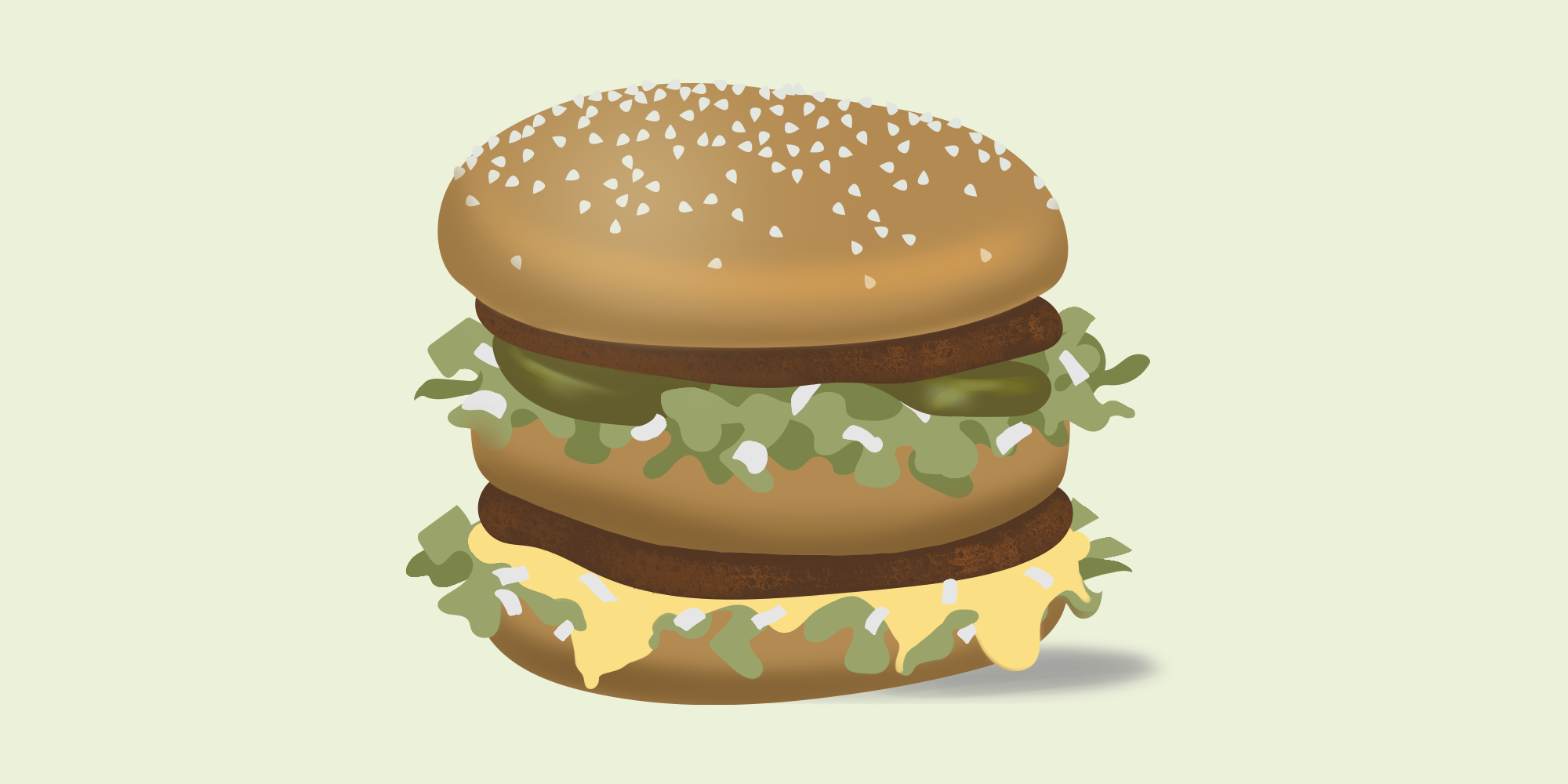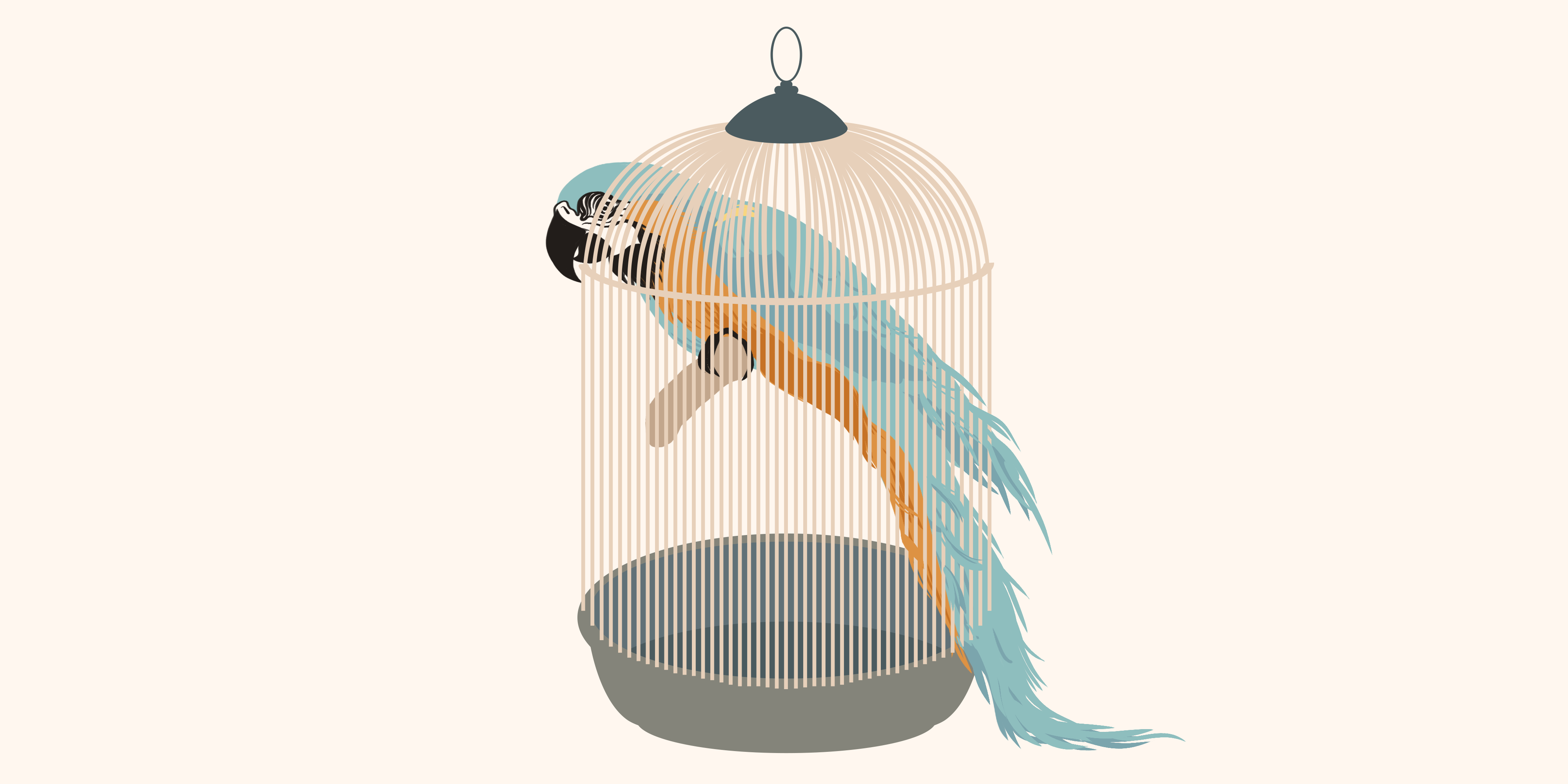Maybe you’ve noticed your grocery bills creeping up of late. Or that those March Break vacation deals you were hoping to cash in on have largely evaporated.
Inflation, currently at a 30-year-high in Canada, is the culprit, and it’s no surprise that it’s making headlines. The rise in prices and resulting drop in consumer purchasing power means that people pay more for everyday goods, from food to fuel.
“We’ve seen price increases concentrated in energy, utilities, food and housing,” says Tu Nguyen, economist and ESG director for RSM Canada.
“And that impacts every single household,” she says, adding that many consumers are cutting back on what they spend on extras or wants, like travel, recreation, and the arts.
The Consumer Price Index (CPI) — a weighted average of the price changes of a fixed basket of goods and services, based on the spending of a target population during a certain reference period — acts as a bellwether of inflation. At the time of writing in February 2022, it stood at 4.8% in Canada.
In the U.S., the CPI recently soared to 7.5%, a 40-year high, largely due to labour shortages, says Sal Guatieri, a senior economist and director at BMO Capital Markets.
Broad impacts on consumers
What that translates into is higher prices on the items people buy. In Canada, grocery prices rose 5.7% year over year, according to Statistics Canada, with fresh fruit posting the biggest increases. Other areas that saw surges in prices were used cars, gas, transportation costs and home and mortgage insurance.
To curb inflation, the Bank of Canada recently announced it will raise interest rates, beginning in March.
“The idea is to bring inflation down to 3% by the end of (2022),” says Nguyen.
But Guatieri warns that although those moves will reduce inflation, they will likely slow the economy for one to two years.
That’s because as interest rates rise, people start saving to capitalize on higher returns – and they spend less.
On top of that, interest rate hikes drain purchasing power. The housing market is also likely to cool as people are unable to borrow as much as they could in the past. And there may be a stock market correction due to concerns over the economy entering a recession.
“It will be a series of (interest rate) moves back to more normal interest policy rates,” says Guatieri.
“The market will correct because of concerns that interest rates will go up too much.”
Mixed results depending on investment style
One thing is for sure: “Investors will have to deal with a more challenging environment,” says Guatieri.
If you’re a saver, things will get better. Anyone keeping their money in a savings account, earning 1.5 % interest, has actually been losing money over the past few years – in real terms, says Nguyen. That situation will improve if interest rates rise.
But, if you were in the stock market in 2021, Canada’s benchmark equity index posted a 21.7-per-cent return. The S&P 500 gained 26.9% for the year, the Dow Jones Industrial Average (DJIA) gained 18.7% in 2021 and the Nasdaq Composite gained 21.4%.
“It was one of the best (calendar) years on record,” says Nguyen, adding that really low bond yields and government stimulus led many to invest in stocks.
However, she predicts that some investors might be in for a rude awakening in 2022, because over the course of the pandemic, borrowing was very cheap.
Those who invested heavily in stocks and alternative assets – millennials in particular – added a lot of riskier investments, such as shares in GameStop and NFTs.
As interest rates rise, “we might see a correction in speculative assets,” she says.
“These companies are not Google, Apple or Walmart,” she says. “The selling off of these assets will decrease their price by a lot.”
As for “ bond holders, it’s not a great picture,” simply because as interest rates go up, the value of bond holdings fall, says Guatieri. And duration matters.
“The longer you’ve lent out your money, the more that increase in interest rates will hurt.”
What’s coming
If inflation rises a bit further and begins to moderate through the second half of the year, that could limit the rise in interest rates, says Guatieri.
If that’s the case, the stock market could weather the storm without sustaining too much damage.
But “if we see inflation continue to rise throughout the rest of the year, we will see a lot more monetary tightening than anyone is anticipating – and that has historically not ended well for the economy, with obvious consequences for stock markets.”







